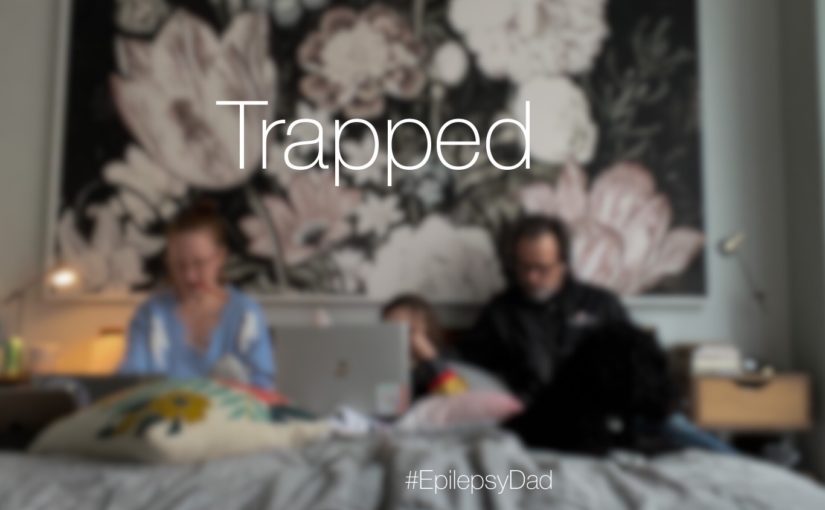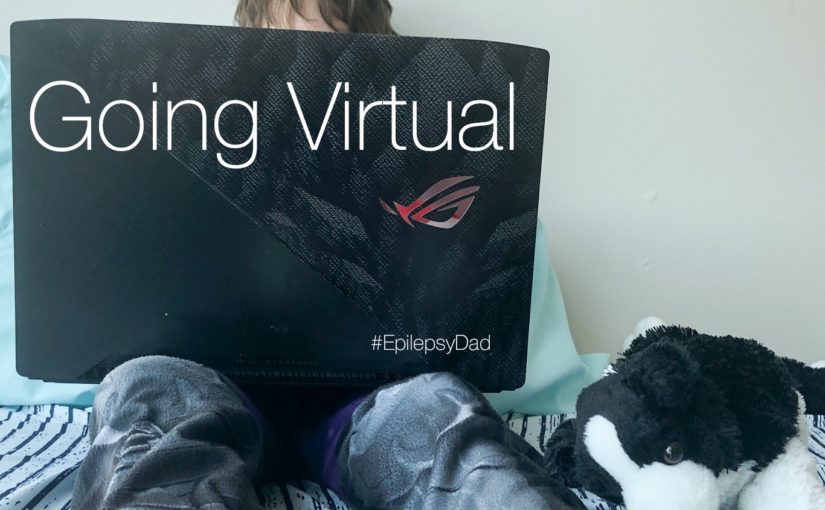The pandemic has us feeling trapped.
We’re trapped in isolation. It’s been almost a year now since we’ve been able to hang out in person with our friends. It’s been almost a year since I’ve stepped into the office and looked across a conference table at a colleague. It’s been almost a year since my wife and I have sat down in a restaurant or gone on a proper date.
We’re trapped in the city. We’ve stayed downtown because we spent so much time in the nearby hospital and because I work a few blocks away, so it saved us time and money. But our small condo feels smaller since our son and family have grown with the addition of a (not-small) seizure dog. We’ve been thinking about finding a place with a little more space. However, the exodus of people leaving the city has home inflated prices in the suburbs. Few people want to move into the city during the pandemic and no one knows how much cities will bounce back if more people are working remotely at the end of this. As a result, we can’t go anywhere.
We’re trapped in our schools and our jobs and our patterns. We’re trapped by our trauma. We’re trapped by our pasts. We’re trapped by our circumstances. We’re trapped in our lives.
The sense of being trapped is suffocating. The air is slowly escaping our lives and leaving us struggling for breath.
We occasionally find a way to break free. We escaped to Maine last year in a desperate attempt to catch our breaths. But, ultimately, we were pulled back into the real world and felt the trap closing tighter.
As much as I would like to believe that this sensation was caused by the pandemic, the reality is that we were trapped before the world started getting sick. We were already isolating ourselves. We had already let the difficulties we were facing take away our freedom, our connections, and our air. This was our pattern before it became everyone else’s pattern, too.
The question, then, is when the world opens back up, what will we do? Have we learned anything during this time of forced confinement that will cause us to do anything differently? Will we have more energy to do anything differently? Or will we continue on, doing what we did before and during the pandemic? Will we choose to stay trapped?
There is a quote that says, “Water, when trapped, makes a new path.”
I suppose I should try to be more like water.
But it takes so much physical and emotional energy to do something different. It takes energy to change mindsets. It takes energy to pretend, and to move forward. Trapped water builds pressure and it uses that energy to push through obstacles. Pushing through our obstacles and making a new path takes energy that, most days, we don’t have.
I guess I just imagined that it would be different. I imagined it would be easier. But it’s not.
Maybe that’s okay. Maybe that’s part of the journey. Maybe it’s enough that we’re making it through right now. Maybe it’s enough that we’re still here, still living, still trying, and still together. I’m so grateful for that.

